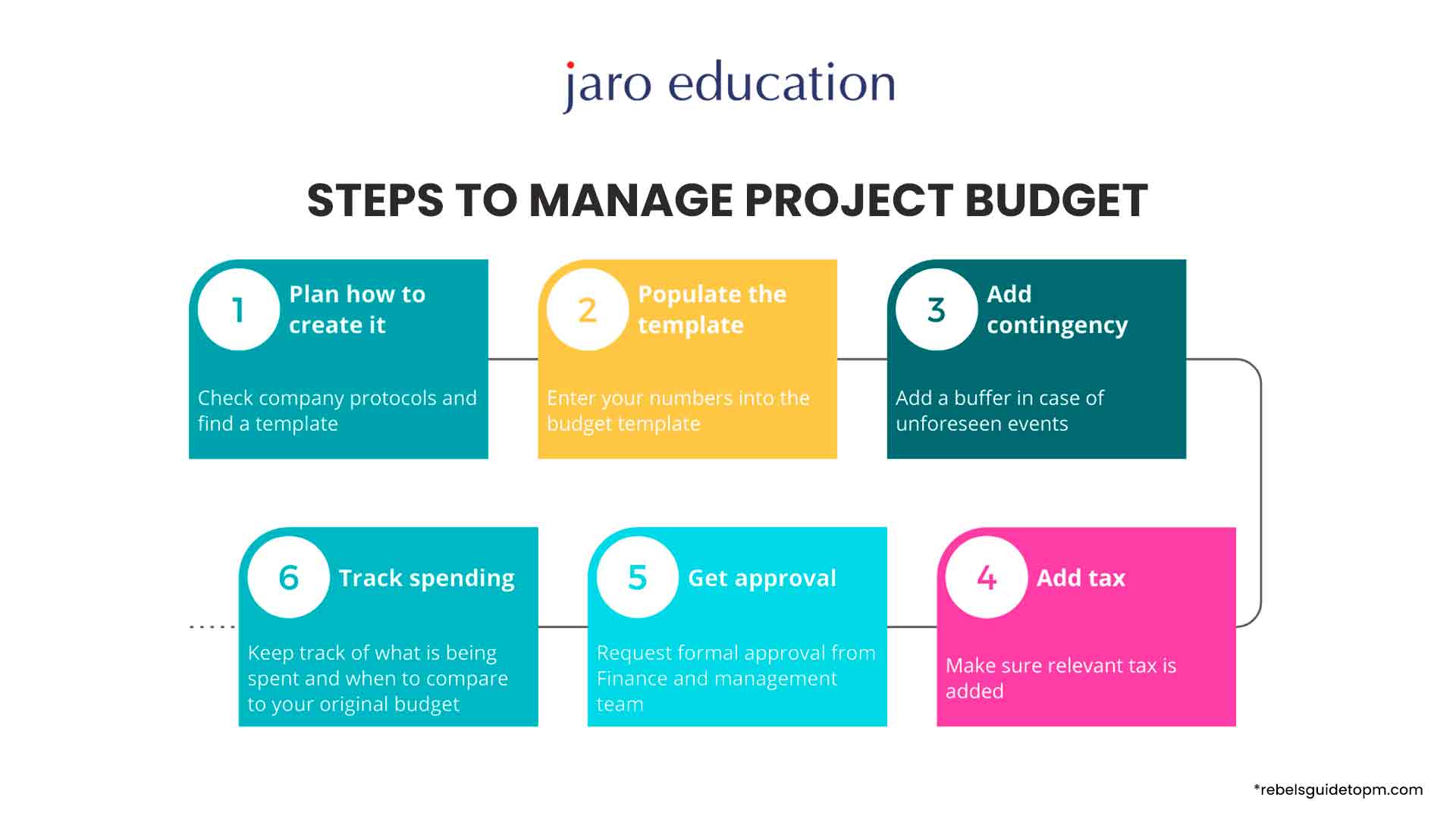Significance of Capstone Projects
Table of Contents

- jaro education
- 16, October 2023
- 5:00 pm
Capstone projects are regarded as critical assignments in the field of education, especially when it comes to professional development. Completing a capstone project opens up new horizons of understanding in front of the aspirants. An example of a professional course promoting indulgence in a capstone project is the Post Graduate Certificate Programme in Data Science for Business Excellence and Innovation – IIM Nagpur. This 1-year course provides valuable lectures on various integral topics to help aspirants gather knowledge and flourish in their professional pathways.
What is a Capstone Project
A capstone project can be considered as the grand finale of a course, whether it is a degree course or a professional course. The primary aim of the capstone project is to challenge your knowledge and test your abilities on the basis of the gathered knowledge during coursework. It provides participants with a unique opportunity to showcase their skills, creativity, and problem-solving abilities, often addressing complex and relevant issues in their respective fields. These projects act as a guiding source for participants to learn from their own research and findings.
Capstone projects are essential because they help you show off your skills to future employers or schools if you’re thinking of further education. So, in simple terms, a capstone project is like your final test in school, where you get to use what you’ve learned to solve real problems or create new things and stand out among many others.
Purpose of Capstone Projects
A capstone project has numerous utilities, some of which are discussed below:
Prepares you for the Professional World
A capstone project emerges as a perfect means to prepare for the competitive professional field by combining practical experience from individuals with their prior knowledge. Students tackle real-world problems, deciding innovative solutions and acquiring valuable insights into the demands and expectations of the professional world by working in small teams.
Helps you Gain Practical Experience
Many leading companies, regardless of their niche, require practical experience in a candidate. Being new to the job world or with little experience, it might be a difficult task to garner the attention of such companies. The advantage of a capstone project is that it showcases your ability to bridge the gap between theory and real-world application. In today’s job market with a competitive spirit, employers are mostly seeking candidates who not only possess theoretical knowledge but can also demonstrate their practical skills. This demand can be challenging for students, as opportunities to gain hands-on experience are often limited.
Therefore, a capstone project serves as a unique opportunity to prove your competence in translating classroom learning into practical solutions.
Help you Stand out Among Other Candidates
Engaging in a capstone project signals to potential employers that you are more than just a typical candidate with basic academic credentials. It signifies your commitment to addressing a complex issue that demands substantial time and effort, impressive problem-solving skills, a strong work ethic, and hands-on experience in a real-world context. One of the most notable benefits of successfully completing your capstone project is its ability to set you apart from the competition when you apply for jobs. Given the substantial time investment required, capstone projects are not pursued by all students, making your accomplishment a standout feature on your resume and demonstrating your dedication to both learning and practical application.
Nurture Skills that Interest Employers
A capstone project immerses students in a dynamic working environment designed to cultivate a specific set of skills highly prized by employers and profoundly beneficial for students in their future careers. Whether you decide to transit into the professional world or continue your academic journey, the manner in which you refine your skills holds immense significance. Each project undertaken, serves as a crucible for skill enhancement and offers a broader spectrum of skill development.
Promotes Overall Development of a Candidate
The term “capstone” originally refers to the stone placed at the pinnacle of a building to symbolize its completion. In an educational context, a capstone project represents the culmination of a student’s academic journey, serving as the final milestone. Its primary objective is to empower students to confront complex challenges, enhance their communication skills, refine their public speaking abilities, develop effective planning strategies, and foster teamwork and collaboration—all of which are vital preparations for their future careers. During this project, students dig deeper into diverse ideas and brush up their skills to tackle real-world issues, effectively bridging the gap between academia and practical application.
How to Commemorate a Capstone Project? Overview of the Steps Involved
1. Select a Topic
Begin your capstone project by carefully choosing a topic that both captivates your interest and gains approval from your instructor. This foundational step sets the direction for your entire project.
2. Submit Proposal
In the proposal submission step of a capstone project, students are required to present a comprehensive document to their expert advisor. This proposal should articulate the chosen topic, define clear objectives, outline the research methodology, and establish a realistic timeline for project completion.

3. Review Literatures
Go for an extensive literature review to grasp the existing knowledge and research related to your chosen topic. This provides a strong foundation for your project and helps identify gaps in current understanding.
4. Research Broadly
Undertake comprehensive research specific to your selected capstone project topics. This involves collecting data, conducting experiments, surveys, or interviews, and analyzing findings to deepen your insights and contribute valuable information to your field.
5. Analysis and Evaluation
After conducting your capstone project, the crucial phase of analysis and evaluation comes into the picture. Here, you meticulously examine your findings, scrutinize data, and assess the project’s overall success in meeting its predefined objectives.
6. Documentation
This step involves comprehensive documentation of your capstone project. This documentation takes various forms, such as a research paper, presentation, or any other deliverable stipulated by your program or institution. It serves as a tangible record of your project’s process, findings, and outcomes. Thus allowing you to communicate your work effectively.
7. Presentation
This is the final and most crucial step for completing a capstone project. Present your well-researched outcomes effectively in front of a panel of jury. Share your discoveries, insights, and conclusions with clarity, demonstrating the culmination of your capstone project and its significance in your academic or professional journey.
Difference Between Capstone Projects and Thesis
Capstone projects and theses, while often perceived as similar, differ significantly in their objectives and approaches. A thesis primarily emphasizes a research-oriented approach to assess students’ understanding and analytical abilities. In contrast, a capstone project evaluates students’ readiness and practical skills.
Both capstone projects and theses share common elements, including data collection, project execution, and the presentation of results.
In a thesis, students are expected to contribute novel ideas and insights to their field of study. Conversely, a capstone project requires students to gather data and present findings related to topics of personal interest or those already covered in their formal education. A thesis aims to expand the body of knowledge, whereas capstone projects focus on the practical application of existing knowledge and skills.
Conclusion
Capstone projects hold immense significance in the academic and professional spheres. These projects serve as the culminating experience of a student’s education, consolidating years of learning into a practical application. Capstone projects bridge the gap between theoretical learning and practical implementation, equipping students with valuable skills such as research, critical thinking, problem-solving, and effective communication. Apart from that, it also enhances one’s ability to work in a team and manage complex tasks, skills which are sought by employers in today’s competitive job market. Moreover, they encourage students to explore their interests, contribute to their fields, and leave a lasting impact on their communities.
Professional courses also promote capstone projects to increase the possibility of the participants getting placed in their dream companies or retaining a better position in their already existing working setup. If you want to indulge in an M.Sc. IT program that encourages participation in capstone projects, then contact Jaro Education and prepare yourself to be a part of the Post Graduate Certificate Programme in Data Science for Business Excellence and Innovation- IIM Nagpur. This online program offers over chamber consulting sessions along with case study based learning. Plus, you get to learn from experts and be a part of real-world industry projects.
Related Program
Recent Blogs
Top 10 One-Year MBA Programs 2025: Fees, Admissions, Jobs
Top 20 MBA HR Project Ideas and Topics for 2025
Trending Blogs
It seems we can't find what you're looking for.





